Keywords: Boat People
There are more than 200 results, only the first 200 are displayed here.
-
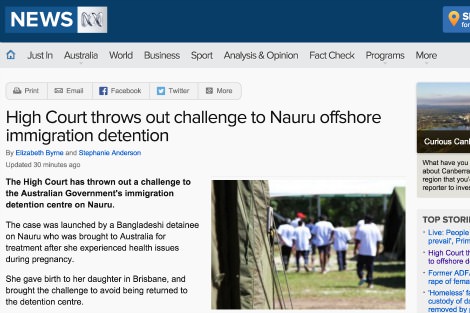
AUSTRALIA
- Frank Brennan
- 04 February 2016
24 Comments
Following Wednesday's High Court decision, the moral depravity of Australian funded offshore detention of asylum seekers, including children, is to continue. There is no joy to be found in our High Court applying a Constitution even more bereft of human rights protections than that of Nauru. It's time for our politicians to address the political and moral question: what purpose is actually served by sending this mum and her baby back to Nauru, when the boats have already stopped and will stay stop?
READ MORE 
-
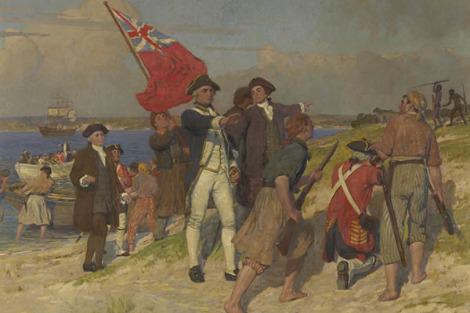
AUSTRALIA
- Andrew Hamilton
- 28 January 2016
4 Comments
The two major challenges facing the world have to do with kindness to strangers and care for the natural world. If the image of the beginnings of Australia is of a boatload of powerful Europeans coming to exploit the land occupied by a primitive people, a better image of future Australia Days might be of Australia sending parties to Indigenous settlements and other nations to discover how to cooperate in the great projects of reconciliation between people and people with nature.
READ MORE 
-
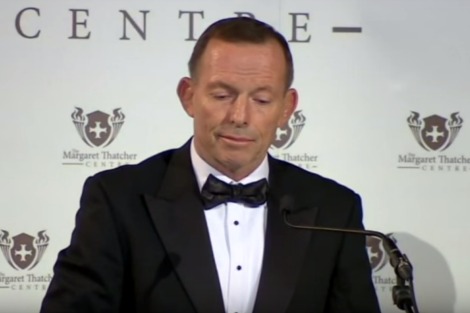
AUSTRALIA
- Sabine Wolff
- 11 January 2016
9 Comments
Just when the ringing of the words 'I stopped the boats' had finally subsided and you were getting used to the idea of business agility and economic innovation as the key battlegrounds, who should pop back up but former Prime Minister and Culture Warrior in Chief, Tony Abbott. Abbott's Margaret Thatcher memorial speech — in which the words 'a hint of Thatcher about my government' were used with apparently no irony whatsoever — was a stunning example of revisionism, hubris, and confused ideology.
READ MORE 
-

AUSTRALIA
- Frank Brennan
- 10 December 2015
I first met this Tony on my regular visits here to Darwin when he was working at the North Australian Aboriginal Legal Aid Service and then when he set up the mediation services under the auspices of Anglicare. In later years I knew him when he was your Anti-Discrimination Commissioner. He was a quiet, considered, gentle, strong and principled man. On Human Rights Day, it is only fitting that I honour Tony by offering some reflections on the architecture for human rights in Australia, on the contemporary human rights controversies, and on the way forward for better protection of the human rights of Aborigines and asylum seekers, two marginalised groups who had a special claim on Tony's sympathies.
READ MORE
-

RELIGION
- Frank Brennan
- 04 December 2015
1 Comment
'Tonight, gathered here in the Southern Cross Club in the national capital, gathered as Eureka's children. We affirm that there is room for everyone under the Southern Cross. I hope you will return to Canberra carrying the Southern Cross flag when we proclaim the Australia Republic on 1 January 2020 which will be two elections after Australia last had a monarchist leader of a major political party. Tony Abbott is the last of his type. Whether the prime minister honoured to witness the proclamation is Malcolm Turnbull, Bill Shorten or another matters not.' Annual Dinner for Eureka's Children, Southern Cross Club, Canberra, 3 December 2015.
READ MORE
-

RELIGION
- Frank Brennan
- 27 November 2015
2 Comments
'The crisis of child sexual abuse in our societies has required that our institutional procedures be more transparent and that we learn from the ways of the world in exercising power openly and justly. This means we have to restructure some of our church arrangements so that power is exercised accountably and transparently. All of us who have positions of influence and power in institutional churches need to be attentive to the voices of those who have suffered within our institutions.' 'Discerning the place for the prophetic voice and pragmatic cooperation of the churches in the great moral questions of the age', address to the Association of Practical Theology in Oceania conference, 26 November 2015.
READ MORE
-
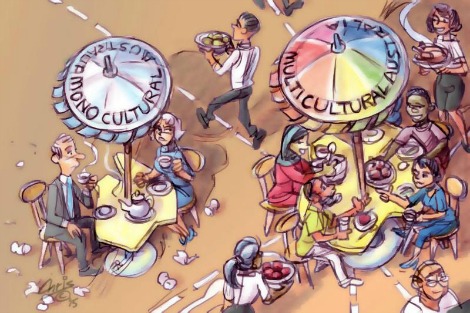
AUSTRALIA
- Gabriela D'Souza
- 09 November 2015
10 Comments
George Megalogenis describes a protest rally in 1849 organised by residents of Sydney against arrivals of more convict boats. Workers who 'wanted to maintain their high-wage society' made 'the first of countless calls that would be made against migrants who threatened to undercut their standard of living'. It is a familiar refrain today. In a world where three-fifths of a person's income is determined by their place of birth, it defies logic that we place restrictions on people's movement to preserve our standard living.
READ MORE 
-

AUSTRALIA
- Sabine Wolff
- 30 October 2015
37 Comments
Just when the ringing of the words 'I stopped the boats' had finally subsided and you were getting used to the idea of business agility and economic innovation as the key battlegrounds, who should pop back up but former Prime Minister and Culture Warrior in Chief, Tony Abbott. Abbott's Margaret Thatcher memorial speech — in which the words 'a hint of Thatcher about my government' were used with apparently no irony whatsoever — was a stunning example of revisionism, hubris, and confused ideology.
READ MORE 
-
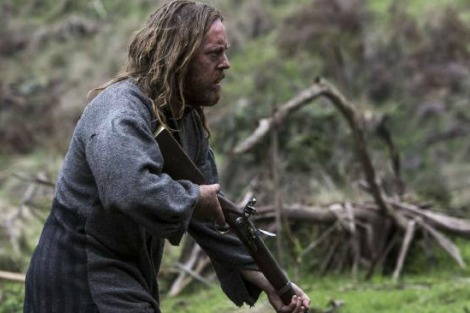
AUSTRALIA
- Tim Robertson
- 13 October 2015
11 Comments
Prime Minister Malcolm Turnbull has declared that violence against women needs to be seen as 'unAustralian'. But sexual violence against women was part of the colonial experience for the Indigenous population, and continues to be a symptom of the punitive measures enacted against asylum seekers that we have a moral and legal obligation to protect. Violence against women is very much 'Australian', and will be until the institutional violence that has defined our past is owned and redressed.
READ MORE 
-
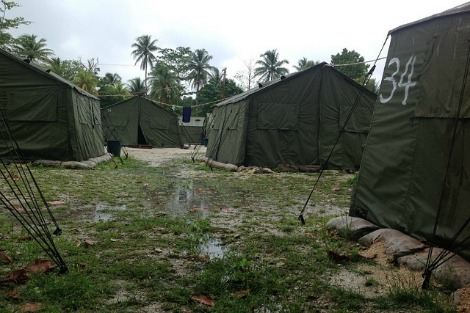
AUSTRALIA
- Frank Brennan
- 05 October 2015
28 Comments
Anyone hoping a Turnbull government will be more accommodating of boat people than an Abbott government will be sadly mistaken. But that is not the end of the matter. Now that the government has firmly closed the entry door to Australia, there is no warrant for maintaining the chamber of horrors in the Pacific which was set up as a 'circuit breaker' deterrent. Turnbull needs to admit that a purposeless chamber of horrors is not just harsh; it is cruel, and it is unAustralian.
READ MORE 
-

INTERNATIONAL
- Bronwyn Lay
- 28 September 2015
16 Comments
When refugees walked into Europe, away from distant distress sites, their presence made the global issue visceral for Europeans. Australia doesn't have asylum seekers walking en masse through ordinary streets. Our border is one of established hatred. 'Stop the boats' policy denies ordinary Australians their compassionate impulse, and creates a history that our children will face judgement upon. It denies humanity's collective memory after World War II.
READ MORE 
-
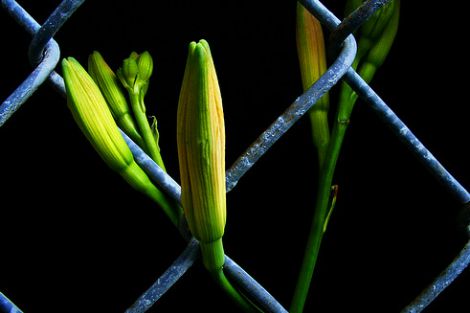
AUSTRALIA
- Kerry Murphy
- 28 September 2015
10 Comments
Hamid is stateless, and came to Australia by boat in mid 2012. He will never get permanent residence, because of his age or because the law states that if you ever held a TPV, you can never get the permanent protection visa. When I explained this to him, I thought might cry. He is now unable to see a way of getting a long term solution for himself and his family, all because of the need to punish refugees who arrive in Australia by boat.
READ MORE 